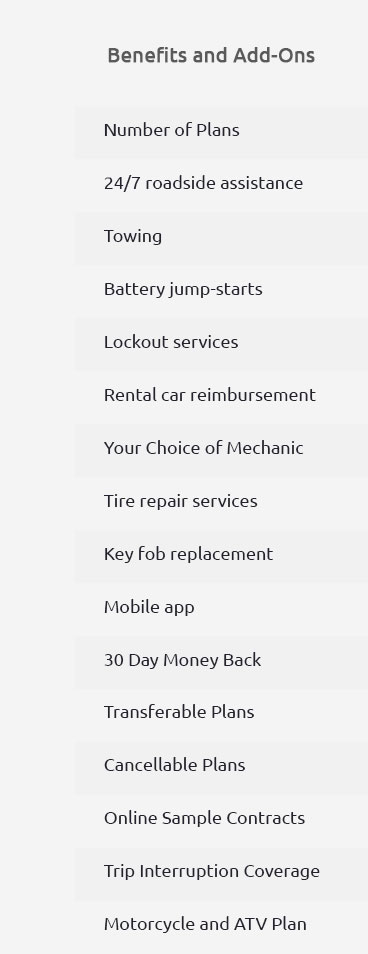 |
 |
 |
 |
 |
|||
 |
 |
|||
 |
 |
|||
 |
|||
 |
 |
 |
|
 |
|||
 |
|
 |
|
 |
|
 |
|
 |
|
 |
|
 |
|
 |
|
 |
 |
|||
 |
 |
|||

Understanding and Navigating Your Car WarrantyWhen it comes to maintaining your vehicle, the term 'car warranty' often surfaces, promising a safety net against unexpected repairs. However, the intricacies of these agreements can sometimes seem daunting. The question many drivers face is: how do I ensure my warranty effectively covers the repairs I need, and what steps should I take if it doesn't? First, let's clarify what a car warranty is. Essentially, it's a promise made by the manufacturer or dealer to cover certain repairs and services if your car experiences mechanical failures within a specified period. Most new cars come with a basic warranty that typically lasts three to five years, or a set number of miles, whichever comes first. It's crucial to understand the terms and conditions, as they vary significantly between providers. Before diving into the specifics of fixing your warranty issues, familiarize yourself with your warranty coverage. Read the fine print. Does it cover wear-and-tear parts? Are there specific maintenance requirements you must adhere to? Understanding what's included and what's not can prevent future headaches. If you find yourself needing to 'fix your car warranty'-whether that means filing a claim, resolving a dispute, or extending the coverage-there are several steps you can take to streamline the process:
Ultimately, the key to effectively managing your car warranty is preparation and persistence. By proactively understanding your coverage, keeping thorough records, and communicating effectively, you can ensure that your warranty serves its intended purpose: to protect you and your vehicle from unforeseen expenses. In conclusion, while dealing with warranty issues can be frustrating, a methodical approach can greatly simplify the process. By taking these steps, you can transform potential obstacles into manageable tasks, ensuring that your vehicle remains in top condition without undue financial burden. Remember, a warranty is there to support you-make it work to your advantage. https://www.quora.com/How-do-you-get-a-car-fixed-if-it-is-under-warranty
If you have any questions or concerns about your new vehicle warranty, please contact (car manufacturer) at (contact information) or take the ... https://protectmycar.com/
Click HERE for our Online Customer Portal. Contact Us! Claims: 844-256-4762. Customer Service / Billing: 800-253-2850. Roadside Assistance: 888-676-4762. https://www.bar.ca.gov/auto-repairs
If the manufacturer or dealer can't repair a serious warranty defect in your vehicle after a reasonable number of repair attempts, the manufacturer must ...
|